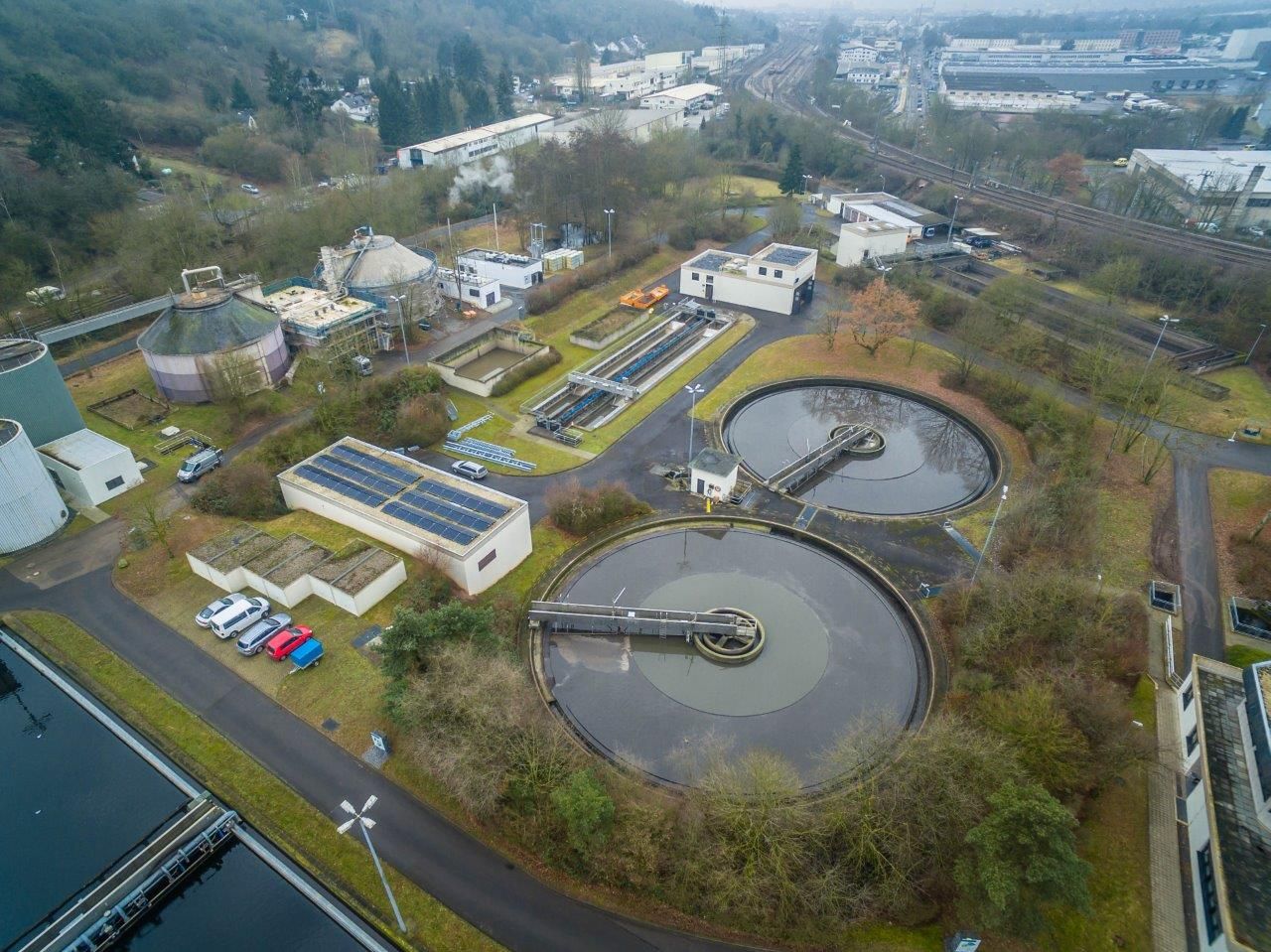Water/ Wastewater
Water supply and wastewater disposal are central tasks of municipalities and municipal institutions in Germany.
In the field of drinking water supply, these include water extraction and treatment, transport and distribution as well as metering and billing. The area of responsibility of the wastewater industry includes surface drainage, wastewater discharge and transport, wastewater treatment and sludge disposal.
High-quality standards in water management lead to a high level of supply security. In addition to the initial effects of climate change, the current challenges facing the sector include the detection and treatment of pollutants and trace substances in water, as well as conflicts in water use by agriculture and industry.
Increasing concentrations of nitrates and active substances of medicines in drinking water and extreme weather events place high demands on the maintenance of a high-quality water supply.
Due to the intensive agricultural use in Rhineland-Palatinate and the highly industrialized regions in the federal state, water resources are subject to high pressures. Even though the groundwater body in Rhineland-Palatinate is largely in good condition, in some regions greater efforts are needed to improve groundwater quality.
Finally, water management offers an attractive potential for greenhouse gas-free energy production. Wastewater treatment plants can already be converted from energy consumers to energy producers today through appropriate efficiency measures.
And rivers, such as the Moselle, also supply regenerative electricity through hydropower. After Bavaria and Baden-Württemberg, Rhineland-Palatinate ranks third in Germany in terms of the amount of electricity generated by hydroelectric power plants.
